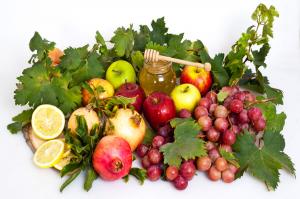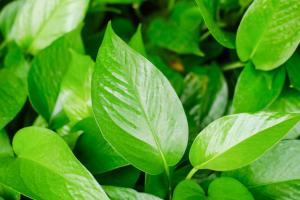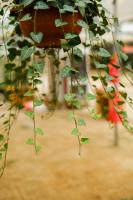What Can You Plant Near Black Walnut Trees?
Black walnut trees, native to North America, are known for their beautiful wood and delicious nuts. However, their roots, leaves, and nuts contain a toxic substance called juglone, which can harm or even kill other plants that grow within their root zone. Despite this, there are still some plants that can thrive near black walnut trees, and in this article, we'll explore some of them.
Plants That Can Survive Near Black Walnut Trees
Although most plants struggle to grow near black walnut trees, there are some that have adapted to tolerate the toxic juglone. These plants are known as juglone-tolerant plants and can thrive in the presence of the toxin. Some common examples of these plants include:
Blackberry
Blueberry
Cherry trees
Corn
Grapevines
Peppers
Tomatoes
These plants can be a good choice for gardeners who want to grow something near black walnut trees.
Plants That Are Sensitive to Juglone
On the other hand, there are some plants that are very sensitive to juglone and should be avoided if you have black walnut trees in your yard. These plants will often turn yellow, wilt, and die if they're grown within the root zone of a black walnut tree. Some of these plants include:
Azaleas
Rhododendrons
Black-eyed Susans
Lilies
Aster
Hydrangeas
If you want to grow any of these plants near black walnut trees, you'll need to plant them outside of the root zone, which can be challenging in a small area.
What About Vegetables?
If you want to plant vegetables near black walnut trees, you should choose plants that are juglone-tolerant. The best options include tomatoes, peppers, beans, and corn. However, you should avoid planting potatoes, eggplants, and other members of the nightshade family, as they're very sensitive to juglone and won't grow well near black walnut trees.
Other Considerations
Aside from choosing the right plants, there are a few other things to keep in mind when gardening near black walnut trees. For example, you should never plant within the drip line of the tree (the area beneath the branches where the leaves and debris fall), as this is where the highest concentration of juglone is found.
You should also avoid using any wood chips or other mulch that is made from black walnut trees, as it can contain high levels of juglone that can harm other plants. Instead, choose mulches made from other materials such as pine, cedar, or grass clippings.
In Conclusion
While black walnut trees can be a challenge to garden near, there are still plenty of plants that can thrive in their presence. By choosing the right plants and taking some precautions, you can create a beautiful and thriving garden in your yard, even with black walnut trees nearby.

 how many times do yo...
how many times do yo... how many planted tre...
how many planted tre... how many pine trees ...
how many pine trees ... how many pecan trees...
how many pecan trees... how many plants comp...
how many plants comp... how many plants can ...
how many plants can ... how many plants and ...
how many plants and ... how many pepper plan...
how many pepper plan...






























